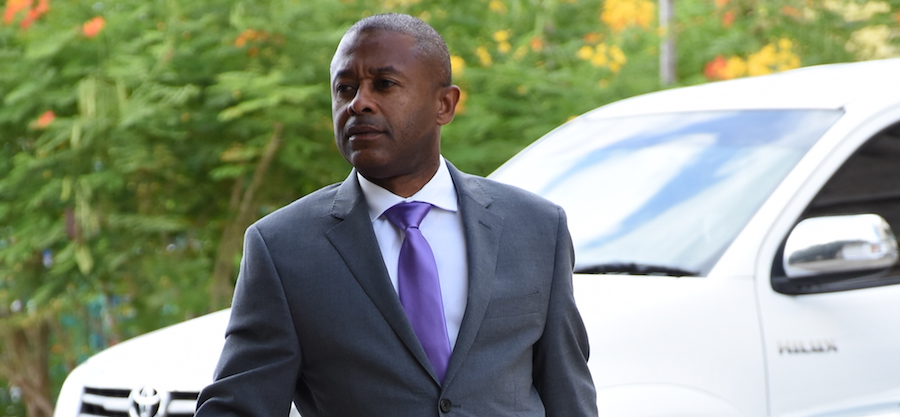The COVID-19 pandemic has landed a quarter-billion-dollar severance payment burden on hotels, the House of Assembly was told Tuesday night.
The figure was revealed by backbench MP Ian Gooding-Edghill, the chairman of the National Insurance Scheme (NIS), during the debate on the Severance Payments (Amendment) Bill.
He contended that if hoteliers had been made to pay out such a substantial sum of money it would have derailed both the hotel and the tourism industries.
Gooding-Edghill told the House: “This is something that has yet to be told. The hotel sector in particular in Barbados was facing a severance payments bill anywhere between $250 million and $300 million. And certainly faced with that situation of such a magnificent cost, there was absolutely no way that the hoteliers in Barbados could foot that bill and that is a fact. It would have undermined those sectors and we would not know tourism as it is today.
“I know that there were some companies that were faced with a bill of $1.3 million. I can tell you that there was one hotel group that was faced with a bill of $9.2 million. I know a hotel company with another group of hotels in Barbados that was faced with a bill of over $20 million.”
The St Michael West MP maintained that the amendment, which will now give employers 22 weeks before having to make severance payments, would not benefit hoteliers alone, stressing that it would allow workers to keep their jobs.
Gooding-Edghill, who also serves as chairman of the Transport Board, said he had estimated that taxi operators would lose over $11 million because of the effects of the COVID-19 pandemic.
He gave a conservative estimate that ancillary tourism services, such as food, vegetable, meat and liquor suppliers, have lost about $90 million in sales.
Gooding-Edghill declared: “This is not only about the protection of a Severance Payment Bill to hotel companies in Barbados; it is also about the preservation of employment for Barbadians who work in that sector, indirectly and directly.
“We also have a situation within the tourism sector where the workers in the tourism sector as a result of the COVID-19 pandemic… that income to those workers that they would have otherwise received had they been employed exceeded over $106 million, [that has] nothing to do with service charge.”
He also revealed that the NIS would see a decline in revenues as well, as it would have lost over $40 million in contributions from employers and employees during the public health emergency.
Minister of Labour and Social Relations Colin Jordan who assured the Severance Payment Bill was a win-win for workers and their employers told the House that workers had their say on the new legislation and had given their nod of approval.
“In that dialogue, the workers said to us and the workers said to business, ‘we are interested in long-term employment’. Workers are saying that ‘we have obligations and we recognize that these lump sums sometimes look good but they disappear just as fast as you get them’.”
Minister Jordan noted that workers were satisfied that during the period of time they were laid off they would continue to receive unemployment benefits from the National Insurance Scheme for up to 26 weeks.
randybennett@barbadostoday.bb




